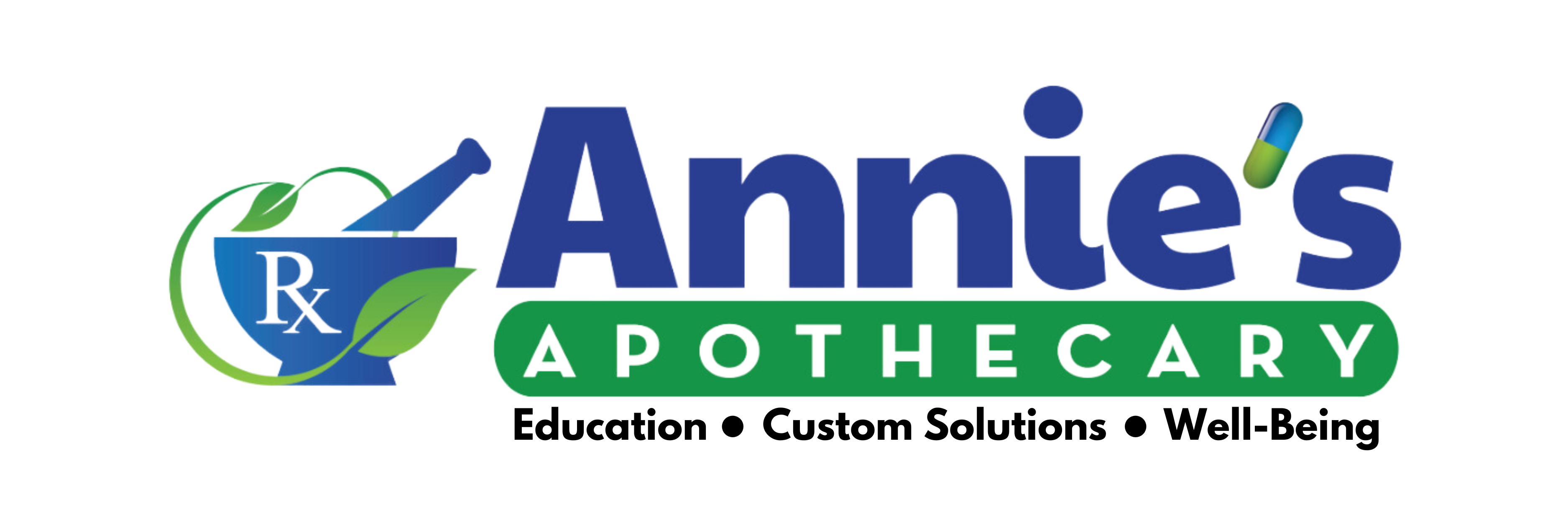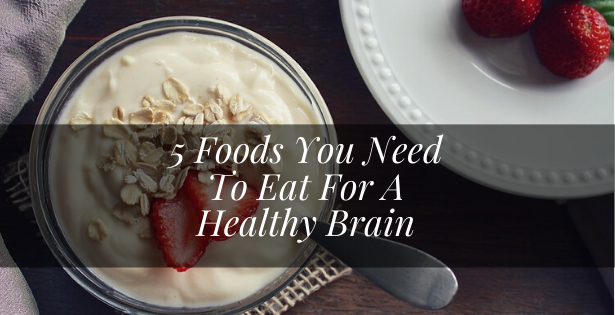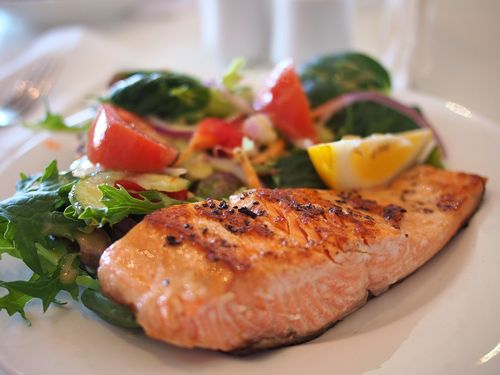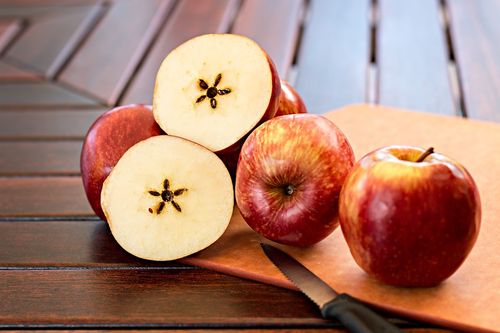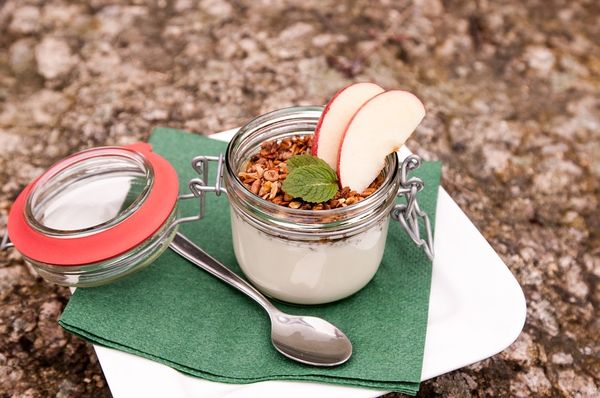The brain is our central control panel, playing a crucial role in just about every system in the body. So it’s no surprise that it needs a lot of fuel to perform at its best. In fact, the brain consumes a huge amount of energy compared to the rest of the body. (1)
But it’s not just calories that keep the brain humming. Research into brain science and nutrition tells us that specific foods and nutrients have direct effects on brain function.
Considering that millions of Americans will eventually develop brain-related problems like Parkinson’s, Alzheimer’s disease, depression, or anxiety, brain health should be a top priority for each of us.
The good news though is that understanding what foods are best for brain health can help you protect this precious organ.
